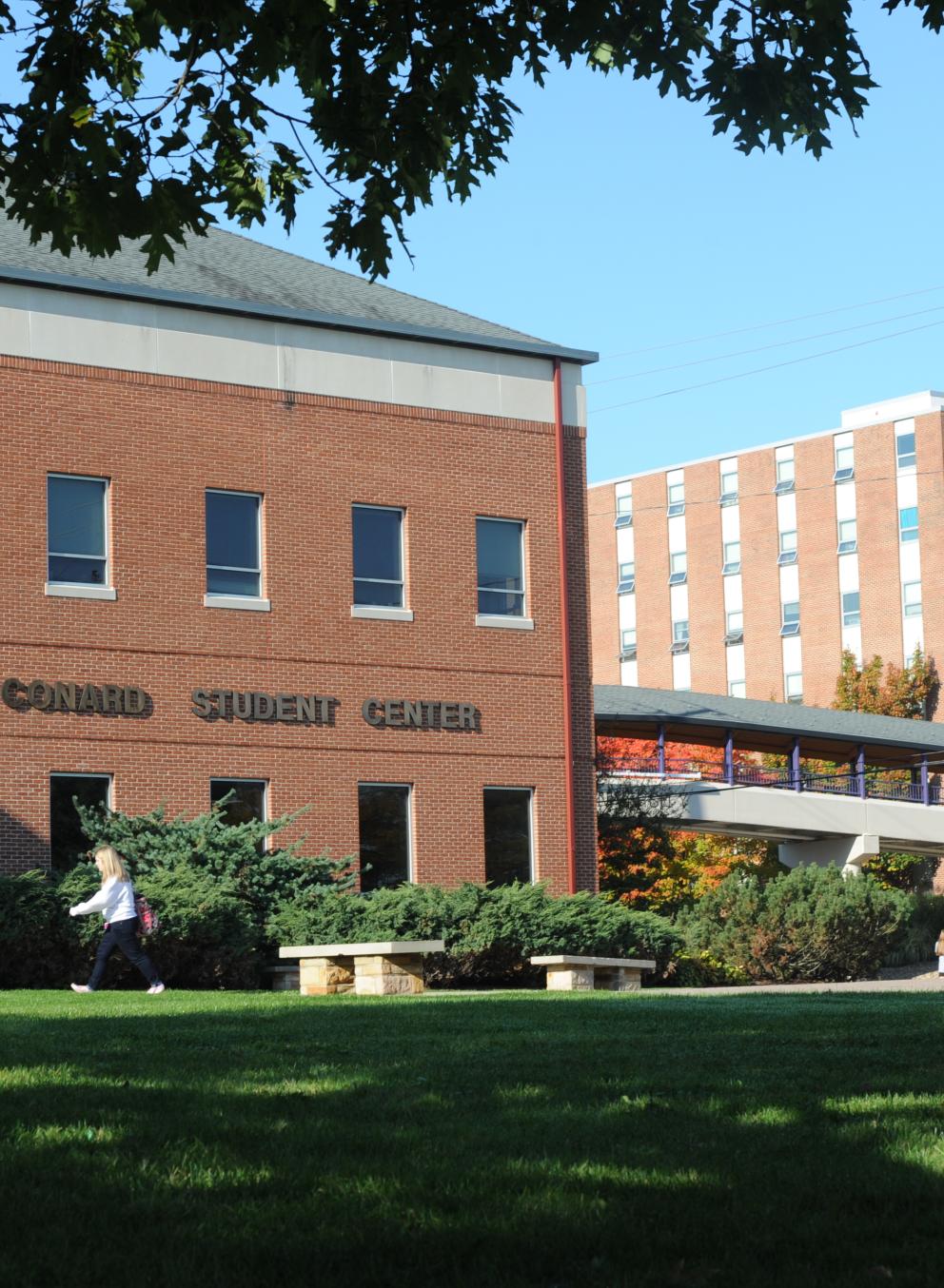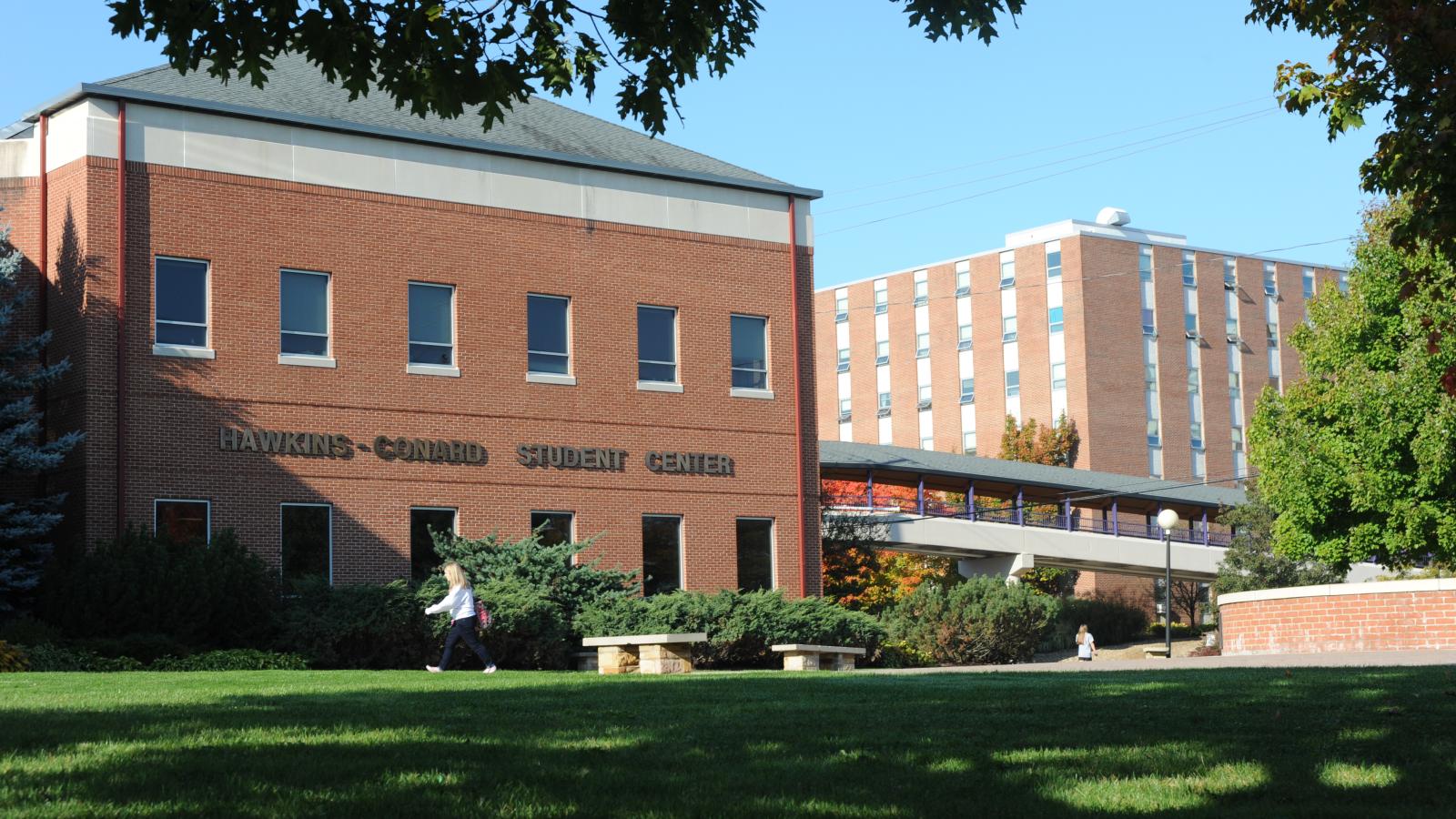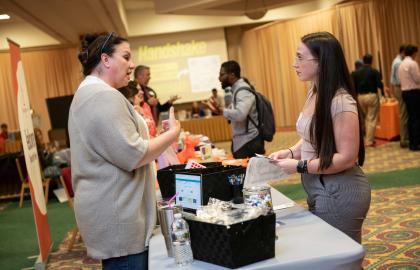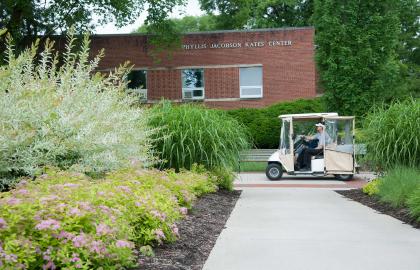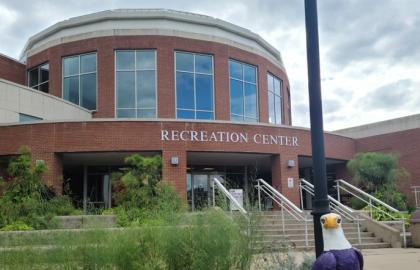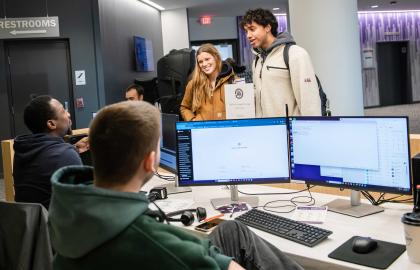At AU, we support our students not just academically, but in all facets of life. We provide services and resources to address all the dimensions of safety, health and wellness.
Discover job opportunities, internships, networking events, academic guidance and support services tailored to your post-graduation experience.
Your well-being is our priority. Access our student health center, psychological counseling services and learn about our commitment to a safe and supportive campus through Title IX and other safety initiatives.
Nurture your physical and mental well-being. Dive into our array of activities and facilities designed to keep you active and engaged. Check out our Rec Center hours and offerings to find your fit.
Diversity in education benefits us all, which is why we strive to hold ourselves to the highest standard of inclusive excellence. Explore our vibrant community initiatives, clubs and mentorship programs committed to promoting diversity and equity.
More than just an ID - your EagleCard is also your passport to student life. Uncover the many benefits your card offers both on and off campus!
Access student computers, printing services and reach out to our IT experts for assistance with any technical challenges you may encounter.
Commuting made easy. Discover benefits and resources tailored for Ashland students commuting to campus and never worry about feeling out of the loop!
